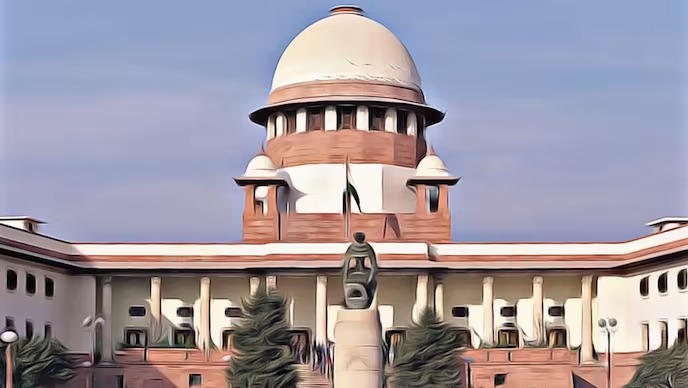Pramada Charan Banerji and Tudball, JJ.@mdashThe facts out of which this application for revision arises are these:---In execution of a decree held by Buddhu Misir and others, the present applicants, the property of the judgement-debtor was sold by auction and was purchased by one Sukh Narain. The auction-purchaser sold the property purchased by him to the decree-holders. The decree-holders purchasers applied for delivery of possession under Order XXI, Rule 95, of the Code of Civil Procedure. The court of first instance granted their application, An appeal was preferred to the District Judge and he held that the applicants for possession, who were purchasers from the auction-purchaser, were not entitled to make an application under Order XXI, Rule 95, and accordingly set aside the order of the court of first instance. From this order of the learned District Judge the present application for revision has been preferred, and it is contended that the learned Judge had no jurisdiction to entertain an appeal from the order of the court of first instance. The contention is fully supported by the ruling of the Full Bench in the case of Bhagwati v. Banwari Lal I.L.R (1908) All. 83 . That was, no doubt, a case u/s 318 of the CPC of 1882; but the place of that section has been taken by Order XXI, Rule 95, of the present Code. It is clear, therefore, that the court below acted without jurisdiction in entertaining an appeal from the order of the court of first instance. Moreover, in our opinion, in view of the language of Section 146 of the Code of Civil Procedure, the applicants were entitled to maintain their application though they were transferees from the auction-purchaser and were not themselves the auction-purchasers. On behalf of the opposite party we are asked not to interfere, as it is the practice of this Court not to exercise its powers of revision in cases in which another remedy is open to the applicant, that remedy being a suit for possession. No doubt ordinarily this Court would not interfere in revision in a case where a remedy is open to a party. But, as observed in Ram Narain v. Muhammad Shah (1914) 12 A. L. J. 899 each case must be judged upon its peculiar circumstances. In the present case there were no complicated questions of fact or law, and the applicants were clearly entitled to obtain possession by virtue of their purchase from the auction-purchaser. We allow the application, set aside the order of the court below, and restore that of the court of first instance with costs in all courts.
Buddhu Misir and Others Vs Bhagirathi Kunwar
Bench: Division Bench
Result Published
Acts Referenced
Judgement Snapshot
Hon'ble Bench
Tudball, J; Pramada Charan Banerji, J
Final Decision
Disposed Of
Acts Referred
- Civil Procedure Code, 1908 (CPC) - Order 21 Rule 95, 146
Judgement Text
Translate:

